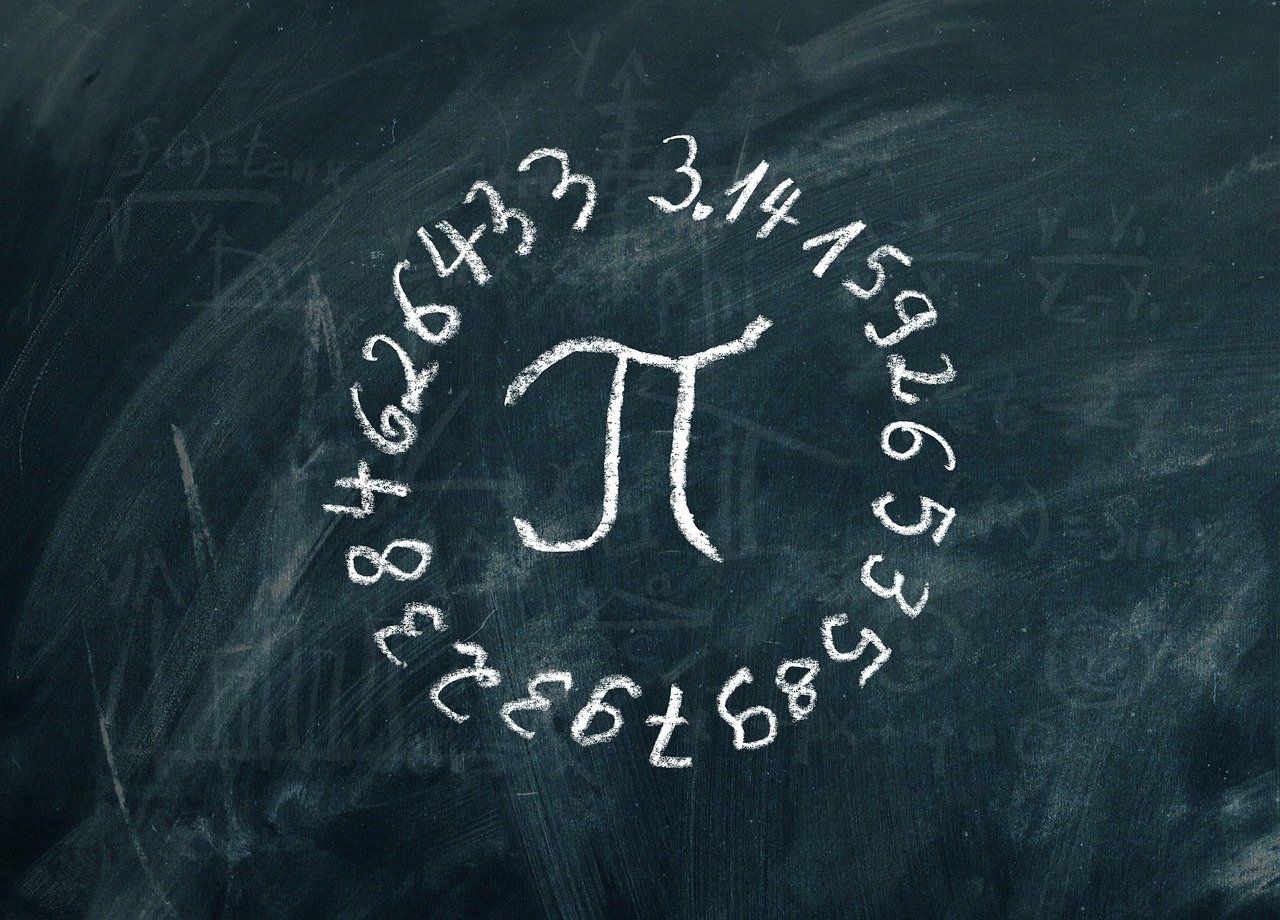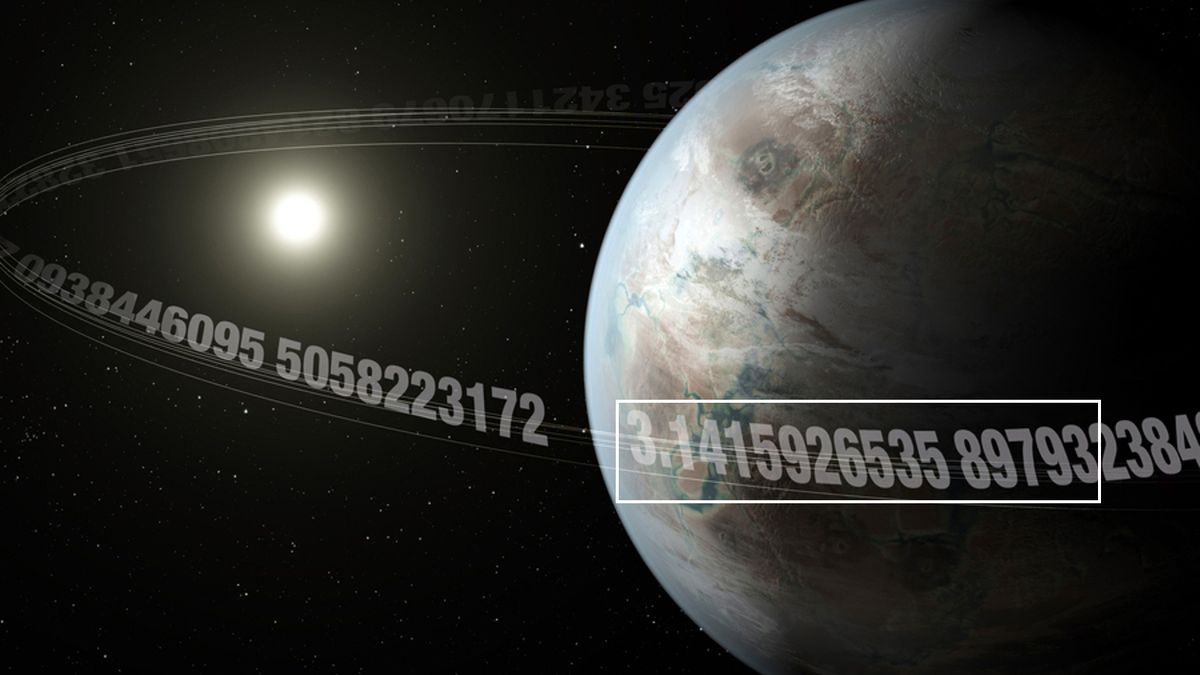Follow us on Google News (click on ☆)

Pi has an infinite number of non-repeating decimals.
Illustration Image Pixabay
Pi (π), famously approximated as 3.14, is an irrational number with an infinite number of non-repeating decimal places. This number plays a crucial role in geometry, allowing for the calculation of a circle's circumference from its diameter and vice versa.
Despite its infinity, knowing Pi beyond several decimal places is not essential for most mathematical applications. For instance, NASA only uses the first 15 decimal places for its calculations related to the Universe. The challenge of calculating Pi with extreme precision is rather a test to assess the performance of new computer programs and data storage systems.
The project by Solidigm, unveiled on March 14, Pi Day, required the use of 36 SSD storage devices to store a total of about 1 petabyte (one million gigabytes) of data. Completing this calculation took about 75 days, demonstrating not just the importance of a powerful processor, but also the need for a reliable and large-capacity data storage system to manage such a vast amount of data.
This record surpasses the one set by Google Cloud in 2022, which had calculated 100 trillion decimal places of Pi, and significantly exceeds the previous records, highlighting the ongoing technological advancements in the field of high-performance computing. Before Google Cloud, the record belonged to the University of Applied Sciences in Grisons, Switzerland, with 62.8 trillion decimal places, and before that, Timothy Mullican from Alabama had reached 50 trillion decimal places using his personal computer.

Scientists at NASA only need the first 16 digits of Pi for most of their calculations.
Credit: NASA Ames/JPL-Caltech/T. Pyle, Christine Daniloff, MIT
Memorizing Pi also poses an intellectual challenge, the current record being 70,000 digits, held by Rajveer Meena of VIT University in India since 2015. While computer technology continues to progress, allowing Pi to be calculated with ever greater precision, the infinite nature of this number means that we will never be able to discover it in its entirety.